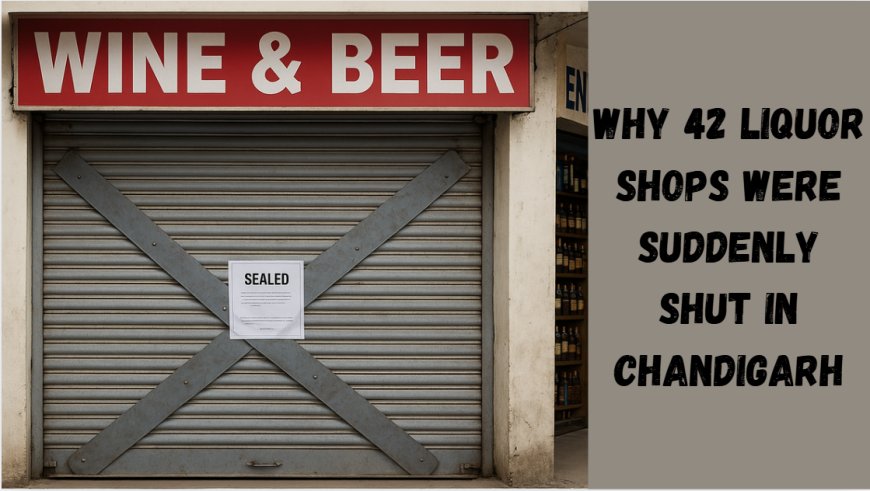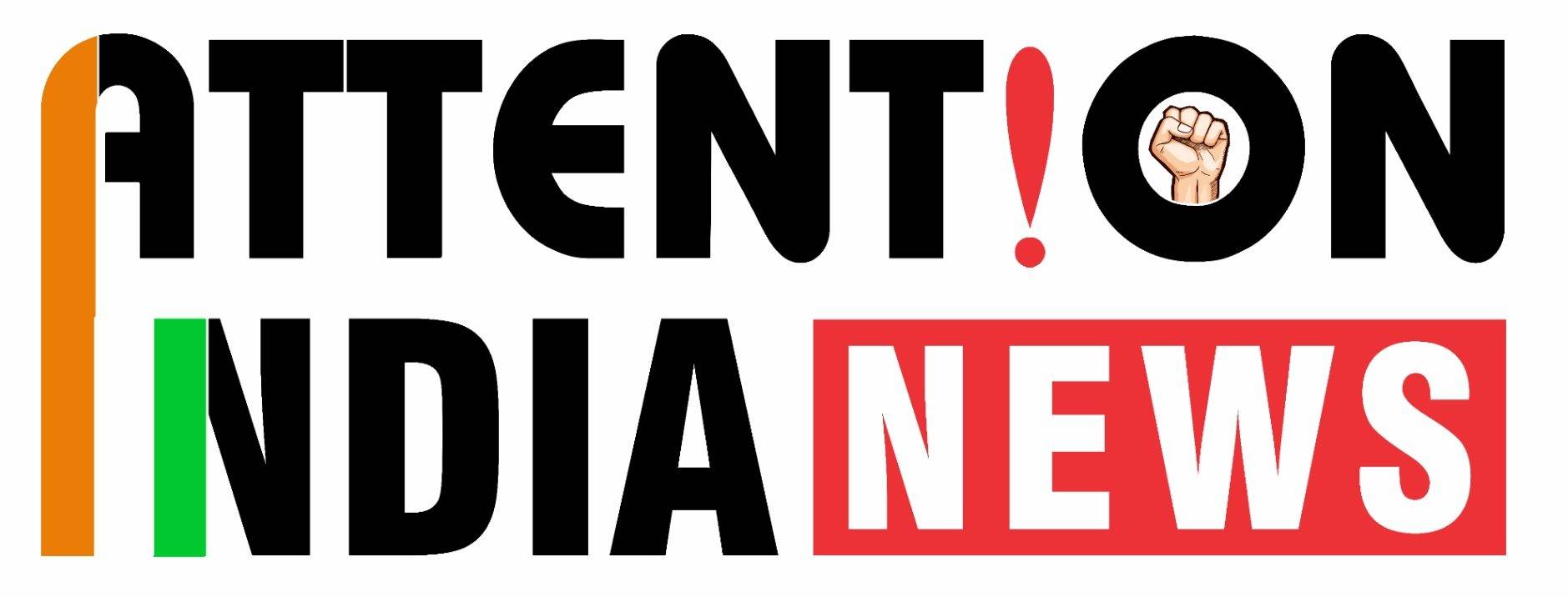Why 42 Liquor Shops Were Suddenly Shut in Chandigarh
According to the policy, if any vendor does not submit the guarantee in time, their allotment must be cancelled.

Mumbai (Maharashtra) [India] April 9: In Chandigarh, something unexpected happened. Out of 96 liquor shops, 42 were sealed because owners didn’t submit their bank guarantees worth ₹33 crore. These guarantees were supposed to be handed in within seven working days. The rule is clearly mentioned in Clause 21 of the UT Excise Policy. But many failed to do so. This created confusion and disappointment among locals and contractors alike.
Suspicion of Unfair Tendering
It all began when a contractor complained in court. He claimed that just two or three people had control over most vends. They used different names—some of relatives, others of friends or employees—to make it look legal. This raised questions about fairness. If true, it means common businesspeople never stood a chance in the tendering process. This is now being reviewed by the high court.
Deadline Rules Not Followed
According to the policy, if any vendor does not submit the guarantee in time, their allotment must be cancelled. But a few tried submitting it after the last date. Many feel this is unfair. Darshan Singh Kler, head of the wine contractors’ group, spoke out. He asked the UT department not to allow late submissions. He even demanded a public list showing who submitted the guarantees on time.
Punjab’s Impact on Chandigarh’s Revenue
For the last two years, Chandigarh has been losing money from liquor sales. This is because of Punjab’s friendly excise policy. Liquor in Punjab has much lower taxes than in Chandigarh. That means people prefer buying from Punjab, even if it’s a little costlier. In 2024-25, twelve vends were left unsold. The city could only earn ₹800 crore instead of the ₹1,000 crore it hoped for.
Court Drama Adds to Trouble
The court got involved when three petitions pointed out problems in the March 13 tender notice. One petition said the rules weren’t followed properly. Another blamed collusion among bidders. The high court stopped all liquor shops from opening after April 1. But later, the Supreme Court allowed them to reopen on April 3. Still, this back-and-forth caused even more confusion. The next hearing is on April 24.

 Aryan K
Aryan K 





